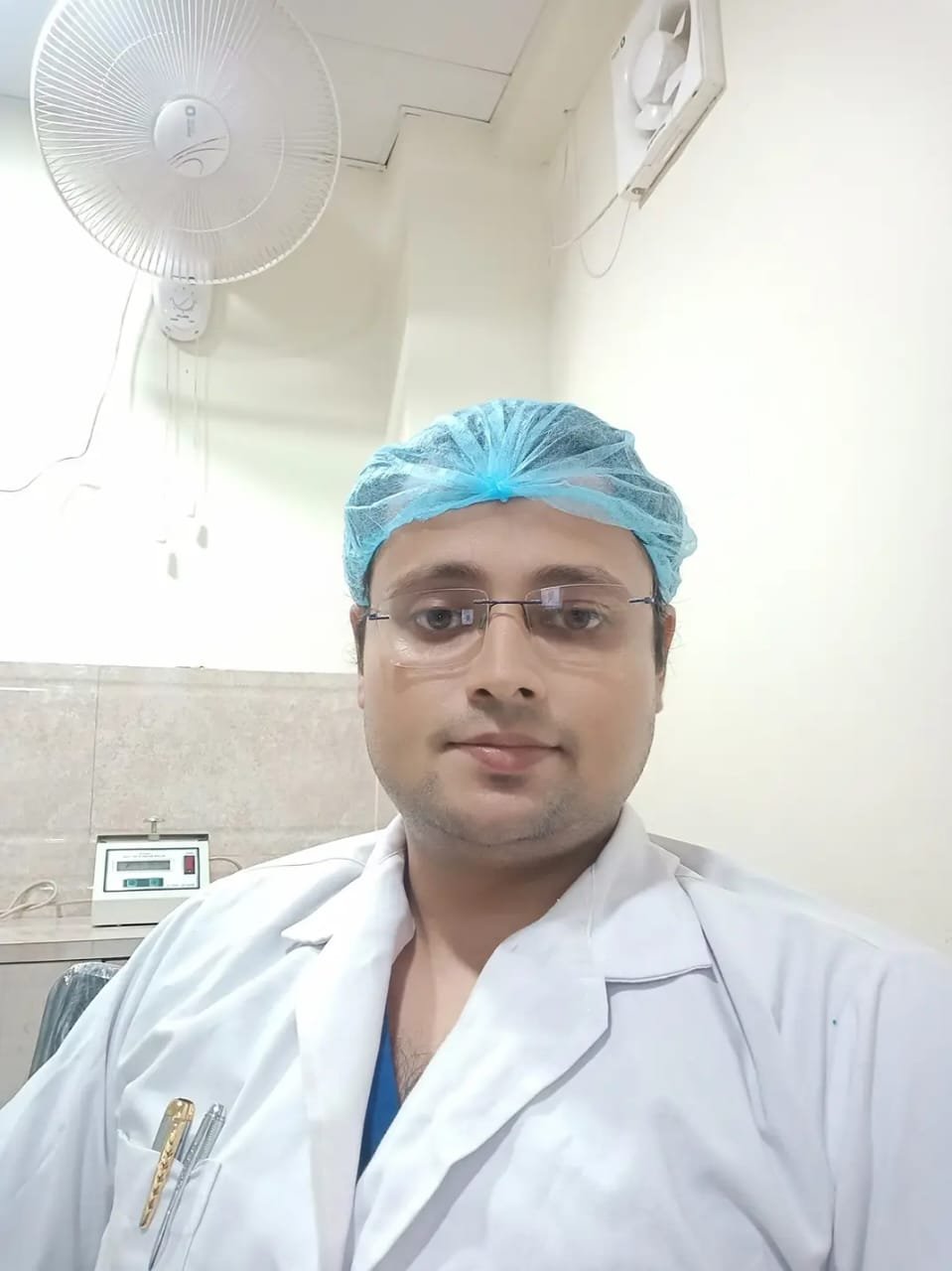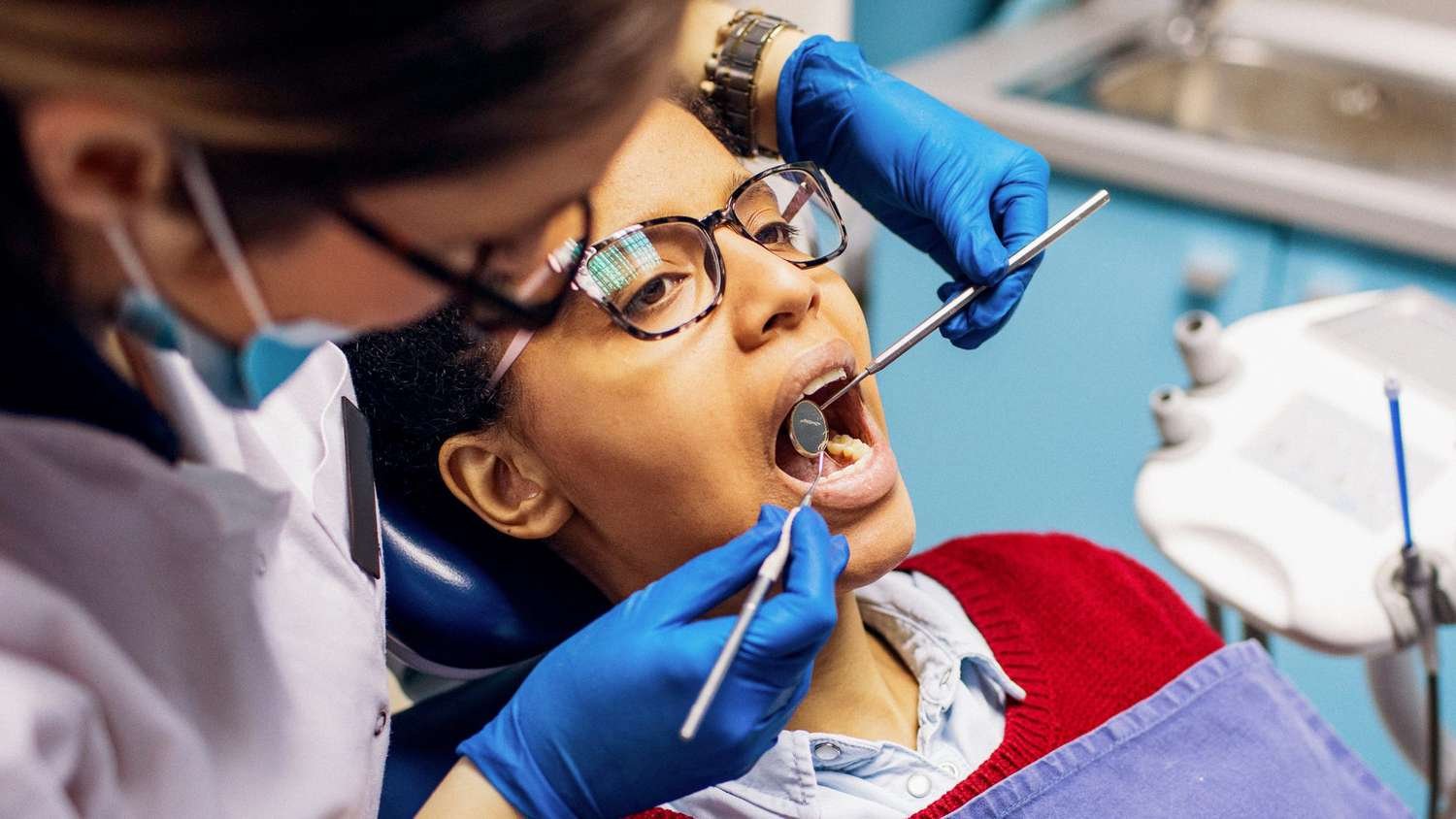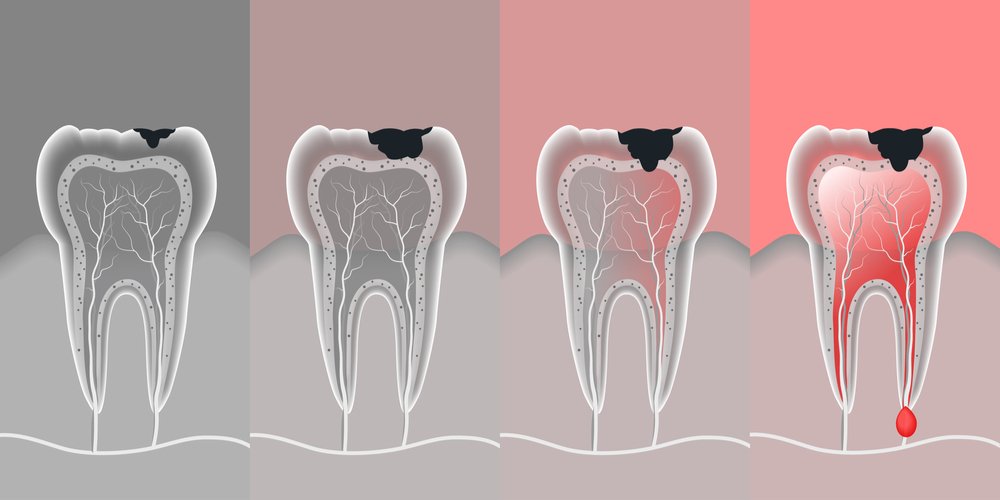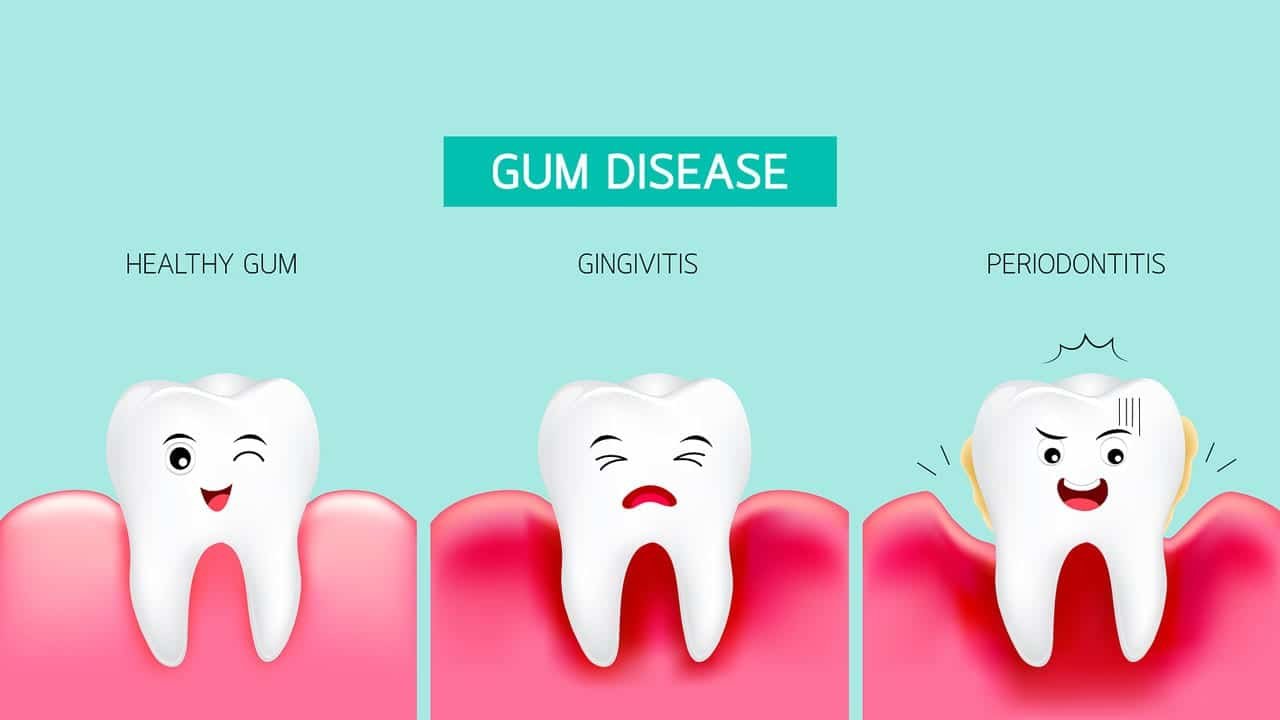Oral surgery encompasses a specialized field of
surgical procedures focused on the diagnosis and treatment of various conditions affecting
the oral and maxillofacial regions. This branch of dentistry addresses a wide range of
issues, including tooth extractions, jaw surgeries, dental implants, and treatment of oral
diseases and infections. Oral surgeons, also known as oral and maxillofacial surgeons,
undergo extensive training to perform these procedures, often requiring a combination of
dental and medical expertise. Commonly performed surgeries include wisdom tooth removal,
corrective jaw surgery for misalignments, and reconstructive procedures to address facial
trauma or congenital abnormalities. These interventions aim to restore oral function,
alleviate pain, and enhance the overall health and aesthetics of the oral and facial
structures.
Discover More
Discover More





